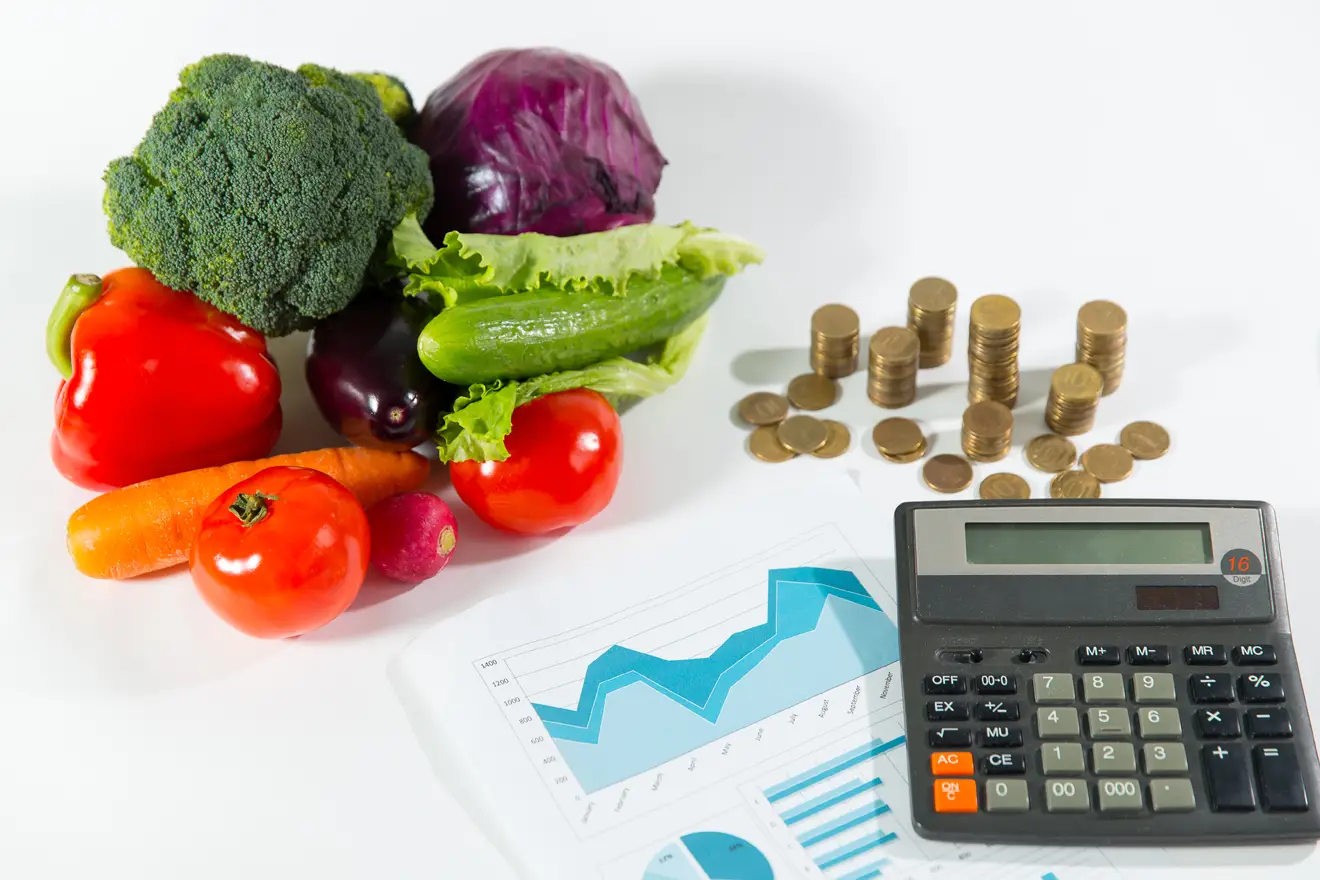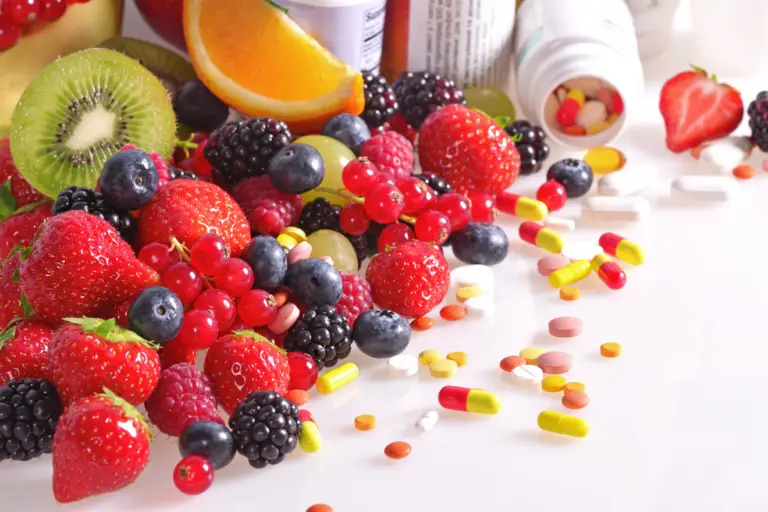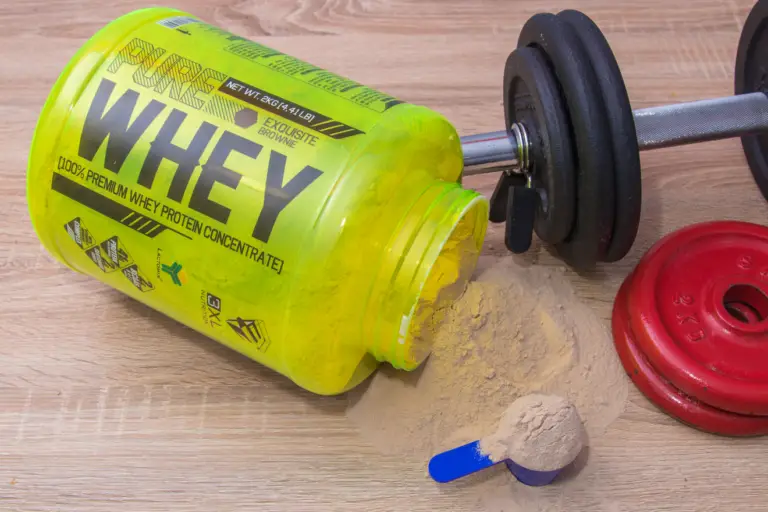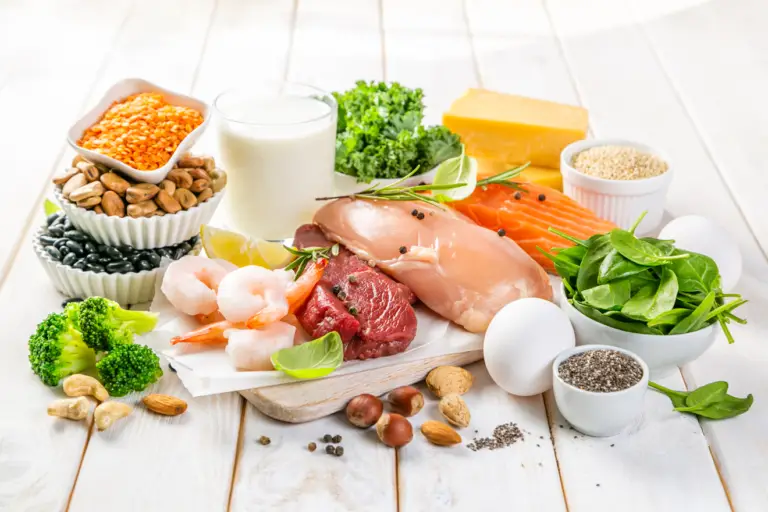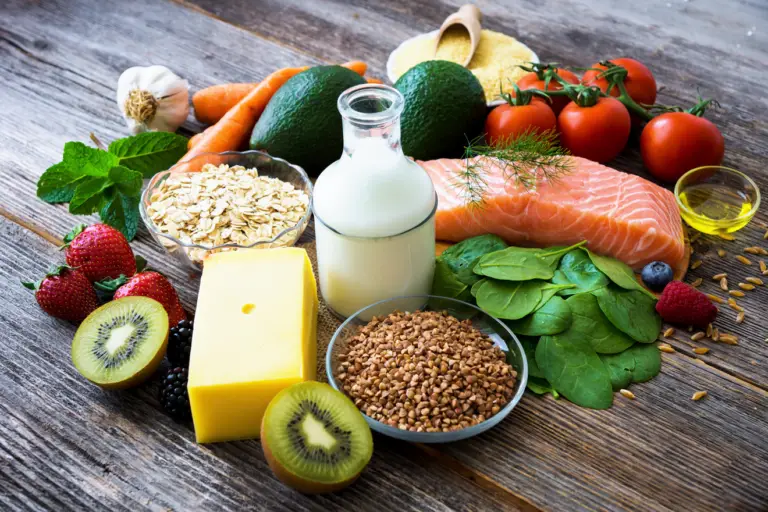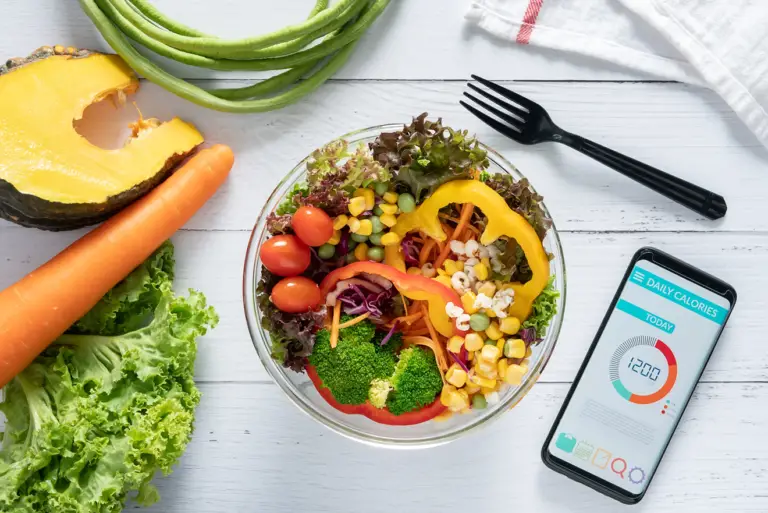How to save money on healthy foods
Eating the right nutrients in the right amounts is important for optimal health, fitness, and bodybuilding success. Your diet must include a balanced amount of:
- Protein
- Dietary fat (saturated and unsaturated, including omega-3 and omega-6 fatty acids)
- Carbohydrate (including dietary fiber)
- Vitamins
- Dietary minerals
- Water
The best way to get these nutrients is to consume healthy, nutrient-dense foods. The problem is that such foods can be expensive.
On this page, I present lists of the cheapest healthy sources of the above nutrients. At the bottom of the page, I present a few other tips that will help you to save money on healthy foods.
Cheap sources of lean protein
Eggs
- 6 grams of protein per egg
- $1.60 per dozen
- Eggs are a great source of protein and other important nutrients because they can be prepared in numerous delicious ways, thus keeping you from getting bored
Chicken breast
- 25 grams of protein per 100 grams
- $3.24 per pound
- Chicken breast is an excellent source of protein to stock in the freezer. It can be thawed and cooked in a multitude of tasty ways
Canned tuna, mackerel, sardines, and pollock
- 23–27 grams of protein per can
- $2.20 per can or as little as $2.96 for a 4-pack in the case of tuna
- Canned tuna, mackerel, sardines, and pollock are usually cheap year round. They represent convenient sources of protein that can be bought in bulk and stored for long periods of time. Use them to make salads, sandwiches, pastas, bakes, and more
Low-fat cottage cheese
- 12 grams of protein per 100 grams
- $1.64 per 24 ounces
- You can add low-fat cottage cheese to virtually any snack or meal for a tasty boost of protein
Protein powders
- 24 grams of protein per 30-gram serving
- $9.48 per pound
- Protein powders are a very convenient source of protein that you can use to make shakes, bakes, bars, and cereals. Gram for gram, they are one of the cheapest sources of protein available
Cheap sources of unsaturated fat
- Olive, peanut, sunflower, corn, soybean, flaxseed, and canola oils (canola is typically the cheapest)
- Walnuts, almonds, pecans
- Sunflower, sesame, pumpkin, and flax seeds
- Avocados
- Natural peanut butter (containing just peanuts and salt)
- Fatty fishes, such as salmon, sardines, mackerel, herring, and trout (canned mackerel and sardines would probably be the cheapest options)
Cheap sources of omega-3 fatty acids
- Flaxseeds and chia seeds
- Soybeans, edamame, and tofu
- Canned sardines, mackerel, and salmon
- Walnuts
- Canola oil
- Navy and kidney beans
Cheap sources of omega-6 fatty acids
- Vegetable oils, such as safflower, sunflower, corn, and soybean oils
- Mayonnaise
- Store-bought salad dressings
As stressed in Dietary fat, you should try to balance your intake of omega-3 and omega-6 at a 1:1 ratio. Most people these days in the developed world get way too much omega-6 due to increased vegetable oil cooking and consumption.
Cheap sources of complex carbohydrates
- Oatmeal
- Whole-wheat pasta
- Beans, peas, and lentils
- Potatoes and sweet potatoes
- Squash
- Quinoa
- Brown rice
- Weetabix
Cheap sources of dietary fiber
- All beans, lentils, and peas
- Broccoli
- Brussels sprouts
- Oatmeal
- Whole-wheat pasta
- Apples and pears
Cheap sources of vitamin A
- Lettuce
- Sweet potatoes
- Carrots
- Winter squash
- Dark leafy greens, such as kale, spinach, and collards
- Tuna
Cheap sources of vitamin C
- Oranges and grapefruit
- Pineapple
- Cantaloupe
- Strawberries
- Broccoli
- Brussels sprouts
- Bell peppers
- Tomatoes
Cheap sources of vitamin E
- Almonds, hazelnuts, and pecans
- Spinach, Swiss chard, and kale
- Broccoli
- Pumpkin and squash
- Fruits, such as kiwi, mangos, and peaches
Cheap sources of vitamin B12
- Eggs
- Milk
- Chicken
- Canned tuna
- Yogurt
- Ground turkey
Cheap sources of phosphorus
- Canned tuna and salmon
- Milk
- Yogurt
- Lentils
- All beans
- All nuts
- Whole grains, such as brown rice, whole-wheat bread/pasta
Cheap sources of calcium
- Milk
- Cheese
- Yogurt
- Tofu
- Collard greens
- Spinach
- Broccoli
- Canned sardines with bones
Cheap sources of potassium
- Tomatoes
- Bananas
- Potatoes
- Sweet potatoes
- Avocados
- Lima, pinto, and kidney beans
- Green leafy vegetables, such as cabbage, broccoli, and asparagus
Cheap sources of iron
Heme iron (more easily absorbed than non-heme iron is)
- Ground beef
- Chicken
- Canned tuna
- Turkey
- Eggs
Non-heme Iron
- Oatmeal
- Spinach
- Potatoes
- Tomatoes
- Bran cereal
- Tofu
- Beans
Other tips on how to save money on healthy foods
Buy in bulk and freeze
Buying food in bulk saves not only money but also time. You can freeze the items for later use or even cook it all at once and freeze for later consumption in a process known as batch cooking.
Buy frozen or canned instead of fresh
Fresh products can be expensive due to high demand. Frozen or canned alternatives are often cheaper and can be stored for long periods of time. Although frozen and canned alternatives may not taste as good or provide the same nutritional value as fresh produce, the difference is usually negligible.
Be aware of seasonal price fluctuations
Some items, such as certain fruits, cost much more when they are out of season because they have to be trucked in or even imported from other countries. Instead of buying them all year round, try to buy these items only when in season. This also makes you miss them, which elevates their appeal.
Avoid buying prepared items
Although it takes less time (or no time at all) to prepare foods that have already been prepared, such items are usually more expensive. Buy unprepared foods and learn to enjoy the process of cooking and preparation. Prepared items may also contain preservatives.
Buy items nearing their sell-by date
Large grocery chains often have a ‘Reduced to clear’ section to display items that are nearing their sell-by date. This section is often stocked towards the end of the day. Learn what time the section in your store is stocked, and shop at that strategic time.
Plan ahead
Failing to plan what to buy before making a trip to the grocery store increases your likelihood of making impulse purchases. Therefore, make a strict grocery list before you leave home. This will also reduce the amount of uneaten food that you throw away.

